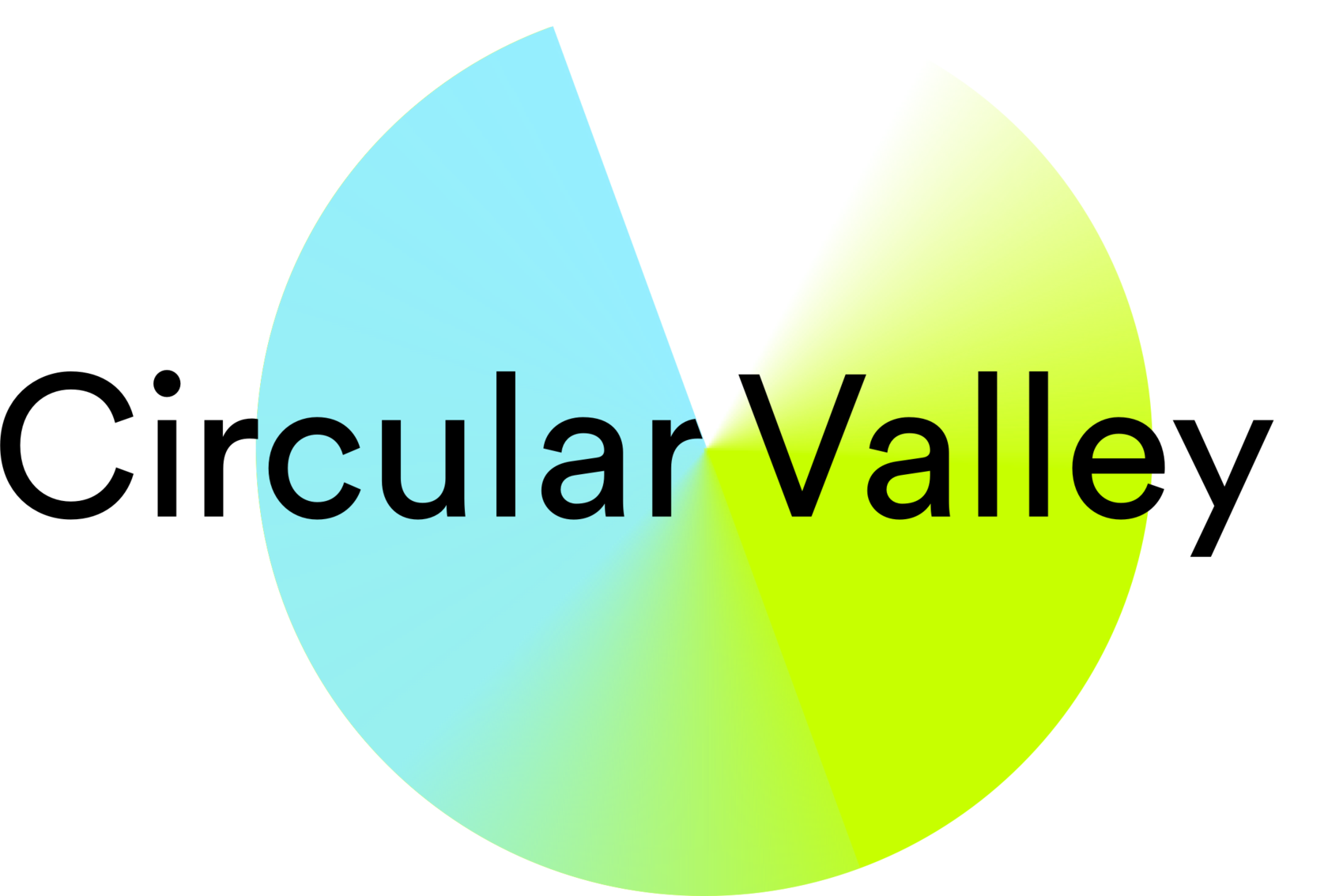2023-12-21
Circular Valley
Newsletter 4/2023
Newsletter 4/2023
Circular Valley Forum 2023
Minister: "The Circular Valley Forum is a place of proactive optimism"
The circular economy summit showcased many examples of the progress made in the transition to a circular economy: the first cross-border collaboration between two regions, 14 promising business models from international start-ups and support from the United Nations.
For North Rhine-Westfalian (NRW) Minister President Hendrik Wüst, the Circular Valley Forum began with a double treat. In the Historische Stadthalle Wuppertal, he discovered two works by artist Tony Cragg, of whom he is an avowed fan. Framed by the two sculptures, he and his Flemish colleague Jan Jambon then made for a historic moment: the Minister Presidents signed the first cooperation between two regions from two countries in the circular economy. Over the next five years, NRW and Flanders will exchange knowledge, launch pilot projects, train specialists and jointly apply for funding. "We want to show that it can be done," said Wüst. North Rhine-Westphalia and Flanders would become the recycling center of Europe and work together to close material cycles "as far as possible", emphasized Jambon. The agreement between the two neighbors is expressly open to other countries and regions.
Minister of Economic Affairs Mona Neubaur
Photo: Gera Niessen
At the Circular Valley Forum, the state government of North Rhine-Westphalia was represented by four other cabinet members. Their participation demonstrated that the circular economy is an interdisciplinary issue. Minister of Economic Affairs Mona Neubaur and Minister of the Environment Oliver Krischer, both visited the Forum for the second time. Not only do they both promote circular economy topics with their departments, but it also plays an important role in all other ministries.
Mona Neubaur, patron of Circular Valley, emphasized in her speech at the Forum how urgently action needs to be taken: "We don't have much time left. If things go on like this, we won't be where we want to be in 2040 until 2065." Addressing the entrepreneurs in the room, she said: "Our ecological systems are in danger of collapsing. For you, this means that you will lose your assets if we don't do something." Conversely, the circular economy could become a growth driver for North Rhine-Westphalia.
Mona Neubaur, patron of Circular Valley, emphasized in her speech at the Forum how urgently action needs to be taken: "We don't have much time left. If things go on like this, we won't be where we want to be in 2040 until 2065." Addressing the entrepreneurs in the room, she said: "Our ecological systems are in danger of collapsing. For you, this means that you will lose your assets if we don't do something." Conversely, the circular economy could become a growth driver for North Rhine-Westphalia.
The positive energy of the Forum also impressed NRW's European Minister Nathanael Liminski and a guest from New York. Liminiski was fascinated by the "hands-on confidence" visible at the Circular Valley Forum. Nanette Braun, Head of Communication Campaigns at the United Nations, explained that such confidence is crucial to motivate people to believe that it is possible to make the transition despite the enormous challenges of our time. People need to feel that "they can be part of the solution".

NRW's European Minister Nathanael Liminski
Support from the Federal Cabinet
The Circular Valley Forum has once again proven to be the summit of the circular economy. Decision-makers from politics, business, science, and civil society discussed the state of transformation, current challenges, and new solutions for a day. Topics this year included renewable energy, cross-company and European collaboration, financing the Circular Economy, and accelerating approval procedures. The Circular Valleys Forum received support from two members of the German government. Environment Minister Steffi Lemke and Finance Minister Christian Lindner supported the initiatives in video messages. Lindner very much welcomes the fact that representatives from different areas "come together regularly to share experiences and make policy recommendations. We are very happy to take them on board". His cabinet colleague Lemke explained that Circular Valley is an important role model: "You show what opportunities there are in the circular economy."
The guests at the Forum were also inspired by the 14 international start-ups that participated in the fifth batch of the Accelerator program. The young companies presented their business models at DemoDay: recyclable blades for wind turbines, components made from modified bamboo or used glass and an app that saves a lot of fresh water in agriculture. The founders travelled to the Rhine-Ruhr region from the USA, Ecuador, Nigeria, Yemen, Singapore, and other countries.
The guests at the Forum were also inspired by the 14 international start-ups that participated in the fifth batch of the Accelerator program. The young companies presented their business models at DemoDay: recyclable blades for wind turbines, components made from modified bamboo or used glass and an app that saves a lot of fresh water in agriculture. The founders travelled to the Rhine-Ruhr region from the USA, Ecuador, Nigeria, Yemen, Singapore, and other countries.
Communication through art
In addition to the sculptures by Tony Cragg, other works of art conveyed the message of the Circular Valley. HA Schult had set up a "value giant" in front of the Historische Stadthalle, a six-ton figure made from electronic waste. Inside the building, photographer Peter Voss showed 60 images of how the poorest of the poor live in and from garbage. Tony Cragg also inspired the Forum audience as a panelist. Man is the only living being that expands into matter, he said. We must therefore start early to live less materially- influenced lives. The Brit pleaded for the topic to be taught in elementary school so that people gain a deep understanding of matter. Then they would also act differently and the path to the circular economy would be easier to follow.
Guest list
Additionally, attendees included Ina Scharrenbach (NRW Minister for Home Affairs, Building and Municipal Affairs), Gunther Adler (Autobahn GmbH des Bundes), Henrik Ahlers (Ernst & Young Germany), Rolf Buch (Vonovia), Marc Ehrhardt (BASF Corporation USA), Prof. Dr. Manfred Fischedick (Wuppertal Institute), Prof. Dr. Walter Leitner (Max Planck Institute), Heike Prinz (Henkel), Prof. Dr. Lambert T. Koch (German University Association), Surendra Patawari (Gemini Corporation Belgium/India) and Patrick Wendeler (BP Europe).
~
Circular Valley Forum 2023 - Aftermovie
Let's look back at Circular Valley Forum on November 16th, 2023.
The next Circular Valley Forum will take place on November 15, 2024.
Cross-border cooperation
NRW and Flanders now constitute the center of the Circular Economy
Minister Presidents Hendrik Wüst and Jan Jambon declared their cross-border cooperation in the circular economy at the Circular Valley Forum on Thursday (November 16). They want to study the topic together and „show that it is doable".
The summit of the circular economy began with a moment for the history books: at the Circular Valley Forum in Wuppertal the Minister Presidents of North Rhine-Westphalia (NRW) and Flanders, Hendrik Wüst and Jan Jambon, signed the first „Memorandum of Understanding" for the cooperation of two regions in the circular economy. The German federal state and the Belgian region agreed to exchange know-how, start pilot projects, train skilled workers and jointly apply for funds. The agreement is explicitly open for more countries and regions. The Netherlands are considered to be one of the ideal next partners.
NRW Minister President Wüst emphasized the importance of working across borders. No country can be successful in the circular economy on its own. The positive impact is closely related to scale. NRW and Flanders represent the largest industrialized metropolitan area in Europe and are therefore in an excellent position to initiate cooperation in the circular economy. „We want to show that it is possible", Wüst said. And it is vital to manage climate protection and preserve economic wealth simultaneously. Circular Valley Forum is doing important pioneer work for creating such a sustainable economy.
Flanders brings a lot of experience to the table. The region aims to decrease their „material footprint" by 30 per cent until 2030. „It is invaluable that we join forces now," said the Flemish Minister President Jambon on Thursday. NRW and Flanders constitute the center of the circular economy in Europe and jointly strive to ensure the circular flow of materials as much as possible. And with regard to Belgium presiding over the European Council in 2024, the circular economy will be an important topic, Jambon said. For example, a conference on circular economy is planned for April 17.
NRW Minister President Wüst emphasized the importance of working across borders. No country can be successful in the circular economy on its own. The positive impact is closely related to scale. NRW and Flanders represent the largest industrialized metropolitan area in Europe and are therefore in an excellent position to initiate cooperation in the circular economy. „We want to show that it is possible", Wüst said. And it is vital to manage climate protection and preserve economic wealth simultaneously. Circular Valley Forum is doing important pioneer work for creating such a sustainable economy.
Flanders brings a lot of experience to the table. The region aims to decrease their „material footprint" by 30 per cent until 2030. „It is invaluable that we join forces now," said the Flemish Minister President Jambon on Thursday. NRW and Flanders constitute the center of the circular economy in Europe and jointly strive to ensure the circular flow of materials as much as possible. And with regard to Belgium presiding over the European Council in 2024, the circular economy will be an important topic, Jambon said. For example, a conference on circular economy is planned for April 17.
Batch#5
Startups save water, wind turbines and construction materials
At the Circular Valley DemoDay, 14 young companies presented their ideas for a true circular economy. The ideas avoid emissions and preserve materials. The founders traveled to the Rhine-Ruhr region from all over Europe, the USA, Ecuador, Nigeria, Yemen and Singapore.
A good circular economy start-up has a threefold effect: it prevents emissions, conserves raw materials and saves money. Measured against these criteria, 14 very good start-ups participated in the Circular Valley DemoDay in the Rhine-Ruhr region. The international entrepreneurs currently supported by the initiative presented business models that prevent environmental pollution on a large scale, turn supposed waste into new materials and significantly reduce the consumption of water, wood or concrete.
Examples from DemoDay
In response to the severe plastic pollution of the world's oceans, many start-ups are looking for alternatives to plastic. Mi Terro from the USA has developed a bio-based plastic that can, for instance, be used as a detergent or ketchup packaging. One.five from Germany has invented new packaging for food and nutritional supplements as well as for cosmetic products.
70 percent of fresh water is consumed by the agricultural sector. Smart Watering Solutions from Serbia has developed an app to decrease this share. The startup provides precise data on when and how much water is needed. Using these data can save 15 percent of costs and 19 kilograms of CO2 per hectare.
The construction sector is responsible for a large amount of pollutant emissions, thereby creating much potential to reduce emissions. At DemoDay, Widuz from Singapore and Kohlschein Modulbau from Warburg, Germany, showed two examples of how this can be achieved. The Asian startup has developed a high-performance bamboo. The fast-growing raw material replaces wood in furniture, window frames and stairs. Kohlschein Modulbau uses recycled glass and hempcrete to create environmentally friendly building components.
The German start-up Voodin Blade Technologies solves a challenge in the field of renewable energy. Until now, wind turbines are rarely recycled when they reach their end of life. The cost of recycling is so high that 78 percent of wind turbines end up in landfills. Voodin Blade has developed blades made of wood that have the same properties as conventional rotor blades, but can be recycled and therefore save 20 percent in costs. A prototype has already been developed, and larger and larger blades will be produced over the next two years.
Quadloop is tackling two widespread problems in Africa: large quantities of electronic waste and the unstable power supply. The Nigerian startup produces solar lanterns from e-waste. The solar lanterns keep electrical parts in circulation and provide a safe source of light. Quadloop already attracted a lot of attention at the World Economic Forum, among other places.
Two other Circular Valley start-ups are working in the same field: NIU NIU from Mexico has developed an AI technology that analyzes the components of electronic waste to save rare materials. And Circu Li-Ion from Luxembourg enables clean recycling and reuse of batteries.
70 percent of fresh water is consumed by the agricultural sector. Smart Watering Solutions from Serbia has developed an app to decrease this share. The startup provides precise data on when and how much water is needed. Using these data can save 15 percent of costs and 19 kilograms of CO2 per hectare.
The construction sector is responsible for a large amount of pollutant emissions, thereby creating much potential to reduce emissions. At DemoDay, Widuz from Singapore and Kohlschein Modulbau from Warburg, Germany, showed two examples of how this can be achieved. The Asian startup has developed a high-performance bamboo. The fast-growing raw material replaces wood in furniture, window frames and stairs. Kohlschein Modulbau uses recycled glass and hempcrete to create environmentally friendly building components.
The German start-up Voodin Blade Technologies solves a challenge in the field of renewable energy. Until now, wind turbines are rarely recycled when they reach their end of life. The cost of recycling is so high that 78 percent of wind turbines end up in landfills. Voodin Blade has developed blades made of wood that have the same properties as conventional rotor blades, but can be recycled and therefore save 20 percent in costs. A prototype has already been developed, and larger and larger blades will be produced over the next two years.
Quadloop is tackling two widespread problems in Africa: large quantities of electronic waste and the unstable power supply. The Nigerian startup produces solar lanterns from e-waste. The solar lanterns keep electrical parts in circulation and provide a safe source of light. Quadloop already attracted a lot of attention at the World Economic Forum, among other places.
Two other Circular Valley start-ups are working in the same field: NIU NIU from Mexico has developed an AI technology that analyzes the components of electronic waste to save rare materials. And Circu Li-Ion from Luxembourg enables clean recycling and reuse of batteries.
Circular Valley and its partners support the startups
Participants for each batch of the Circular Economy Accelerator are selected by a jury from hundreds of proposals. They selected startups are then supported over three months to make make their idea marketable and scalable. High-profile coaches and mentors collaborate with startups in Circular Valley to refine their business models. Additionally, the initiative facilitates intensive exchange between young and established companies and the academic community.
The startups in the current batch of the Circular Valley funding program
Sustainable Construction
- Widuz
Singapore - Kohlschein Modulbau
Germany
Agriculture
- Smart Watering Solutions
Serbia
Water
- BlueActivity
Italy
Alternative raw materials
- Mi Terro
USA - Ourobio
USA - Voodin Blades Technology
Germany - Bio Treasure
Yemen
Recycling
- Circu Li-ion
Luxembourg - NIU NIU
Mexico - QuadLoop
Nigeria - Microwave Solutions
Switzerland - VERTMONDE
Ecuador
Plastics
- one.five
Germany
For more details about the 18 startups please see: Batch#5
Steffi Lemke and Christian Lindner
Tailwind from the Federal Government
Federal Minister for the Environment Steffi Lemke and Federal Minister of Finance Christian Lindner praised Circular Valley in two video messages. The initiative is equally important for the competitiveness of the economy and for climate protection.
The guests of the Circular Valley Forum had two members of the federal government on their side in terms of content. Federal Minister for the Environment Steffi Lemke and Federal Minister of Finance Christian Lindner explicitly supported the circular economy summit. Lindner welcomed the fact that representatives from different areas "regularly come together to exchange experiences and provide policy recommendations. We gladly welcome them," said Lindner ahead of the Forum. His cabinet colleague Lemke emphasized that Circular Valley has an important role model function: "You show the opportunities in a circular economy."
Ministers Lemke and Lindner see a double opportunity in the circular economy. It is "a market-driven instrument to strengthen the efficiency and sustainability of our economy," said the Finance Minister. "Environmental and nature protection are increasingly becoming drivers of innovation," explained the Minister of the Environment, pointing out that the federal government is currently developing a strategy for the circular economy. The goal is to reduce the need for primary raw materials and "close material cycles.
Ministers Lemke and Lindner see a double opportunity in the circular economy. It is "a market-driven instrument to strengthen the efficiency and sustainability of our economy," said the Finance Minister. "Environmental and nature protection are increasingly becoming drivers of innovation," explained the Minister of the Environment, pointing out that the federal government is currently developing a strategy for the circular economy. The goal is to reduce the need for primary raw materials and "close material cycles.
Environmental and nature protection are increasingly becoming drivers of innovation
Steffi Lemke,
Minister of the Environment
Steffi Lemke,
Minister of the Environment
"Momentum"
UN expert: "Circular economy is crucial for the survival of humanity"
Nanette Braun from the United Nations came to Germany for the Circular Valley Forum on November 16. According to the Head of Communications Campaigns at the UN, the momentum for sustainability is growing, but much more needs to be done.
The figure is small but obvious: 1.7 earths would be needed to match humanity's current resource consumption, says Nanette Braun, Head of Communications Campaigns at the United Nations and one of the guests of honor at the Circular Valley Forum on November 16. Nevertheless, the expert from New York travelled to the large summit of the circular economy in Wuppertal, Germany, with a lot of hope: "The exchange of knowledge happening at gatherings like the Circular Valley Forum provides important insights and stimulus, also for the wider industry community, and supports informed decisions in transitioning away from a linear business model".
Nanette Braun, Head of Communications Campaigns at the United Nations
Nanette Braun sees the planet threatened by a triple crisis: climate change, pollution and the loss of biodiversity. The circular economy is one of the main ways to overcome these interconnected crises: "We must steer away from what is clearly an unsustainable model and move toward less destructive resource extraction, but also toward lowering emissions and cutting down on waste and pollution. It is important to understand that circularity isn't just a fad - it is critical for humanity to survive."
The guest from the United Nations sees "momentum" for the entire circular economy because there are initiatives for sustainability in many areas. But that is still not enough: "Industrial emissions have even been growing faster since 2000 than in any other sector, driven by increased raw material extraction and production. Needless to say, there is urgent need for action, including the transition to renewable energy across all processes," Nanette Braun said.
Nanette Braun encourages "to bring existing momentum to scale". The circular economy should not be understood as a menu from which individual steps can be selected one after the other, she said. Rather, it is a systematic approach – and "the only viable option". The United Nations is taking on an important role here, ensuring that progress is credibly assessed and that attempts at greenwashing don't stand a chance. "Tools like the standards for net-zero emissions developed under the leadership of UN Secretary-General Antonio Guterres are important to realistically assess whether we are on the right track," says Nanette Braun. In this context, she also appeals to consumers, as their purchasing decisions have an influence as well: "We have seen much heightened awareness, in particular among young people, as to the choices they make, whether it is transport or the products they opt to spend their money on. This is encouraging and should further incentivize the transition from a linear to a circular economy".
The guest from the United Nations sees "momentum" for the entire circular economy because there are initiatives for sustainability in many areas. But that is still not enough: "Industrial emissions have even been growing faster since 2000 than in any other sector, driven by increased raw material extraction and production. Needless to say, there is urgent need for action, including the transition to renewable energy across all processes," Nanette Braun said.
Nanette Braun encourages "to bring existing momentum to scale". The circular economy should not be understood as a menu from which individual steps can be selected one after the other, she said. Rather, it is a systematic approach – and "the only viable option". The United Nations is taking on an important role here, ensuring that progress is credibly assessed and that attempts at greenwashing don't stand a chance. "Tools like the standards for net-zero emissions developed under the leadership of UN Secretary-General Antonio Guterres are important to realistically assess whether we are on the right track," says Nanette Braun. In this context, she also appeals to consumers, as their purchasing decisions have an influence as well: "We have seen much heightened awareness, in particular among young people, as to the choices they make, whether it is transport or the products they opt to spend their money on. This is encouraging and should further incentivize the transition from a linear to a circular economy".
Awards
Double Triple for Circular Valley Startups
At the German Sustainability Award, three young companies were honored, supported by the Circular Valley. Three more startups from the Circular Economy Accelerator received awards from "The Spark," "Forbes," and in the Ruhr area.
Simply attending would have been something special on its own, but the award ceremony for the German Sustainability Award (Deutscher Nachhaltigkeitspreis) with its numerous prominent guests was even more exceptional for the startups Plastic Fischer, Concular, and Madaster. The three won awards in the categories of "Sustainable Startups" and "Construction Industry." The Circular Valley initiative, which supported all three young companies in its accelerator program, celebrated with the trio.
To this first triple, a second triple success can be added. The startup Bioweg won "The Spark," the German Digital Award (Der Deutsche Digitalpreis). Omer Badokhon from BioTreasure was included in the "Forbes 30 under 30" list for the Middle East. And CyFract secured the first place in the "Xustainable Impact Batch" in Bochum. Bioweg, BioTreasure, and CyFract are also young companies selected by Circular Valley for its accelerator program to help them further develop their business models for the circular economy.
To this first triple, a second triple success can be added. The startup Bioweg won "The Spark," the German Digital Award (Der Deutsche Digitalpreis). Omer Badokhon from BioTreasure was included in the "Forbes 30 under 30" list for the Middle East. And CyFract secured the first place in the "Xustainable Impact Batch" in Bochum. Bioweg, BioTreasure, and CyFract are also young companies selected by Circular Valley for its accelerator program to help them further develop their business models for the circular economy.

Dominik Campanella, Concular
Overview of the successful startups and their business models
Plastic Fischer
Developed floating nets to collect waste from rivers in India and Indonesia, preventing it from reaching the sea. The company's 70+ employees sort the plastic waste on-site to achieve optimal recycling. Partner companies from Germany and Europe financially support Plastic Fischer's work, resulting in over 1000 tons of plastic waste being collected from rivers. Plastic Fischer was founded in Solingen and is based in Cologne.
Photo: Karsten Hirsch, Plastic Fischer
Photo: Karsten Hirsch, Plastic Fischer
Concular
Built a digital ecosystem for circular construction. The software captures materials in buildings that are being retrofitted or rebuilt. Through a 3D scan, Concular includes all details of the materials, such as dimensions, condition, material type, and manufacturer. Concular uses these data to create material passports, provide analyses of material lifespans, CO2 footprints of buildings, and to facilitate material transactions. Concular is based in Berlin.
Photo: Dominik Campanella, Concular
Photo: Dominik Campanella, Concular

Madaster
Created a platform for building materials, allowing all materials used in a project to be inventoried and evaluated, including their environmental impact, CO2 assessment, and potential for reuse. Madaster gives project developers and property owners the opportunity to maximize material circulation. Madaster is based in Berlin.
Photo: Claudius Frank, Madaster
Photo: Claudius Frank, Madaster
Bioweg
Bioweg is a scientifically grounded company that produces bio-based and biodegradable alternatives to microplastics in cosmetics and agricultural products.The startup's ingredients are animal- and GMO-free, globally scalable, and sustainably produced without the use of aggressive chemicals. Bioweg recently partnered with Bayer to develop biodegradable seed coatings. Bioweg plans to move from Lower Saxony to North Rhine-Westphalia as part of the partnership.
Photo: Dr. Prateek Mahalwar, Bioweg
Photo: Dr. Prateek Mahalwar, Bioweg
BioTreasure
Developed small and decentralized biogas plants. The system allows consumers to convert their organic waste into energy and organic fertilizer. BioTreasure was founded in Yemen.
Photo: Omer Badokhon, BioTreasure
Photo: Omer Badokhon, BioTreasure
CyFract
Represents a significant development in dealing with very small particles. Extracting microparticles from water has traditionally required high energy consumption, and many filtration systems have weaknesses. CyFract rotates water to separate the tiny particles, requiring much less energy. The startup is based in Munich.
Photo: Tayyar Bayrakci, CyFract
Photo: Tayyar Bayrakci, CyFract
Memorandum of Understanding
Bayer becomes a partner of Bioweg
A significant step for a Circular Valley startup: In collaboration with the DAX corporation, the startup will develop new biodegradable seed coatings and formulation materials. For this purpose, the young company is relocating to North Rhine-Westphalia.
Bayer and Bioweg have signed a Memorandum of Understanding, outlining specific further steps in the collaboration between the two organizations. This emphasizes the commitment of both parties to promote sustainable agricultural solutions. The partners aim to develop sustainable formulation materials for seed coatings and the encapsulation of controlled-release plant protection products that are bio-based and biodegradable.
For the collaboration, Bioweg's material research and development team will move to North Rhine-Westphalia, specifically to the Bayer LifeHub in Monheim am Rhein. The LifeHub supports innovative startups by providing them access to Bayer's facilities, enabling close collaboration.
Dr. Prateek Mahalwar, CEO of Bioweg, explained the benefits and goals of the partnership:
For the collaboration, Bioweg's material research and development team will move to North Rhine-Westphalia, specifically to the Bayer LifeHub in Monheim am Rhein. The LifeHub supports innovative startups by providing them access to Bayer's facilities, enabling close collaboration.
Dr. Prateek Mahalwar, CEO of Bioweg, explained the benefits and goals of the partnership:
This innovative collaboration not only promises to bring sustainable solutions to the market faster but also leverages the strengths of Bayer's agricultural product know-how, seamlessly merging with the dynamic, agile, and innovative working culture of the startup Bioweg on the same campus.
Dr. Prateek Mahalwar,
CEO of Bioweg
Dr. Prateek Mahalwar,
CEO of Bioweg
Bayer is also very optimistic about the cooperation: "We are pleased to welcome the first startup company to the campus of Bayer's global headquarters for the Crop Science Division in Germany as part of our open innovation strategy and our efforts to further complement our innovation capabilities through close collaboration with young and innovative startup companies," said Axel Trautwein, Head of Regulatory Science at Bayer's Crop Science Division.
Regarding the partnership: Nowadays, seeds undergo a coating process to achieve uniform shape, size, weight, and surface. This coating serves various purposes, including facilitating sowing, improving seed quality through the use of active ingredients, and protecting against biological and environmental influences.
Seed coatings typically consist of polymers, binders, dyes, minerals, and various additives. These components are subject to strict regulations and are often not biodegradable. Bioweg has developed biodegradable and bio-based alternatives to agricultural coatings and other agricultural formulation materials. These sustainable and adaptable solutions address various challenges, such as adjustable release, loading with active ingredients or micronutrients, and increasing microbial resilience to optimize crop yields. The development of biodegradable seed and fertilizer coatings not only expands farmers' options to derive greater benefits from their production, both economically and ecologically. This radically new approach can also contribute to making agriculture and our food system more resilient.
Regarding the partnership: Nowadays, seeds undergo a coating process to achieve uniform shape, size, weight, and surface. This coating serves various purposes, including facilitating sowing, improving seed quality through the use of active ingredients, and protecting against biological and environmental influences.
Seed coatings typically consist of polymers, binders, dyes, minerals, and various additives. These components are subject to strict regulations and are often not biodegradable. Bioweg has developed biodegradable and bio-based alternatives to agricultural coatings and other agricultural formulation materials. These sustainable and adaptable solutions address various challenges, such as adjustable release, loading with active ingredients or micronutrients, and increasing microbial resilience to optimize crop yields. The development of biodegradable seed and fertilizer coatings not only expands farmers' options to derive greater benefits from their production, both economically and ecologically. This radically new approach can also contribute to making agriculture and our food system more resilient.
Success stories
Milestone for Circular Valley Startup
In early November, the German startup Plastic Fischer achieved a significant milestone by retrieving its 1000th ton of plastic waste from rivers in India and Indonesia. Based in Cologne, the company develops floating barriers that prevent plastic waste from reaching the sea and becoming microplastics.
The importance of the DemoDay by Circular Valley for startups can be confirmed by Karsten Hirsch from Plastic Fischer. When he presented his idea there just over two years ago, he met Ralf Putsch, the CEO of the internationally operating pliers manufacturer Knipex. Putsch was so convinced by the idea that he financed the retrieval of 19 tons of plastic waste and has since expanded his involvement with Plastic Fischer multiple times.
In addition to Knipex, numerous other companies have become partners of Plastic Fischer.
In addition to Knipex, numerous other companies have become partners of Plastic Fischer.

Together, they have now celebrated a milestone. In early November, Plastic Fischer reported having fished out the 1000th ton of plastic waste from rivers in Southeast Asia. An important aspect of this process is that local employees can easily set up and deploy the floating barriers.
Founded in 2019, the startup now employs around 90 people in India and Indonesia who retrieve plastic waste from rivers and prepare it for recycling. One of them shared a special story with the founders: Since he and his son now have secure jobs, he bought the first trash can of his life.
Founded in 2019, the startup now employs around 90 people in India and Indonesia who retrieve plastic waste from rivers and prepare it for recycling. One of them shared a special story with the founders: Since he and his son now have secure jobs, he bought the first trash can of his life.
State visit
Encouragement from the Belgian Queen
In early December, King Philippe and Queen Mathilde of Belgium embarked on a three-day state visit to Berlin and chose a special setting for their reception. In the large hall of the Funkhaus Berlin, they welcomed around 400 guests (including Federal President Frank-Walter Steinmeier and his wife) to a concert. Queen Mathilde inquired with Dr. Carsten Gerhardt, Chairman of the Circular Valley Foundation, about the work in the extended Rhine-Ruhr region. She was delighted to learn that North Rhine-Westphalia and Flanders are collaborating in the circular economy, emphasizing the high significance of the topic for Belgium.
Cross-border cooperation
Interest from Wales
The circular economy can only work when countries collaborate across borders. North Rhine-Westphalia and Flanders are setting an example with their cooperation, and this is acknowledged by countries where the border is defined by an ocean. During the reception of the Welsh Minister for Economy Vaughan Gething in Düsseldorf, he expressed his interest in becoming an associated member of the cross-border cooperation in the circular economy right from the greeting.
Discussions on this matter are scheduled to continue in 2024.
Discussions on this matter are scheduled to continue in 2024.
The Welsh Minister for Economy Vaughan Gething
Photo: Welsh Government
Networking
New Partners for Circular Valley
The network continues to expand as additional companies and institutions have joined Circular Valley to provide financial support and expertise in recent months:
- TeqportWith the increasing global scarcity of raw materials, the recycling of secondary raw materials and the reuse and remarketing of used components have become crucial. Teqport efficiently and environmentally responsibe facilitates these approaches as the leading Asset Recovery Manager alongside major infrastructure companies in Germany and Europe. Based in Solingen, the disposal experts act as general contractors, offering and executing the full range of services along the complex process, from dismantling or recovery to logistical handling, customized processing (including necessary additional services such as certified data erasure if needed), and utilization through an extensive network of subcontractors. Teqport is a certified specialist business committed to environmental protection, transparency, and social responsibility throughout its business processes. The partnership with Circular Valley is logical as well as gratifying.
- BEWBEW (Bildungszentrum für die Ver- und Entsorgungswirtschaft): For 40 years, BEW, based in Essen and Duisburg, have been dedicated to educating and training in the field of technical environmental protection. They offer a wide range of services, from waste to water and from energy to plant protection. Over these four decades, BEW have built an impressive network, which is now connected with Circular Valley.
- Der Paritätische NRWThis umbrella organization brings together more than 3,200 organizations with around 6,800 facilities and services in all areas of social work, from childcare to nursing services. The Paritätische NRW is also the association for self-help and civic engagement. Many of the member organizations still emerge from social movements or the desire to create new social services. This is one of several points of connection for the cooperation with Circular Valley.
- European BioplasticsBased in Berlin, this association represents the interests of the bioplastics industry and advocates for the development and strengthening of a supportive political environment in the EU where biobased, biodegradable, and compostable plastics can thrive. The annual conference is considered the leading business and networking event in the industry. European Bioplastics has established a regular exchange with Circular Valley in alignment with their goals.
Kearney
Joint Study with Kearney
The title already paints a vivid picture, and the following pages are filled with numerous ideas on how to turn this vision into reality.
A study titled "It's time to connect the dots on circularity" was conducted by the consulting firm Kearney, in collaboration with its Business Model Innovation arm FFWD and Circular Valley. The partners surveyed a hundred business executives to inquire about their approach to the circular economy, the existence and nature of connections between circular initiatives and corporate strategies, and where opportunities for creation of value through the circular economy were identified.
The central findings of the study reveal that two-thirds of the companies have already incorporated circular economy elements into their strategies, anticipating an increase in demand and revenue. Simultaneously, they view the circular economy as a key to greater resilience in times of geopolitical instability and a potential differentiator.
However, the survey respondents also identified challenges on their journey. Clear metrics, cross-organizational linkages, and experiences on how to fully embed the circular economy at the core of the business and sustain investments in this area are still lacking. In line with these challenges, the study includes chapters on collaborations, long-term orientation, innovation, and acceleration.
The participants in the study describe the sense of urgency as high and ultimately purposeful. There is a fitting headline in the study for this aspect as well – a chapter titled "The reasons for change are clear."
The central findings of the study reveal that two-thirds of the companies have already incorporated circular economy elements into their strategies, anticipating an increase in demand and revenue. Simultaneously, they view the circular economy as a key to greater resilience in times of geopolitical instability and a potential differentiator.
However, the survey respondents also identified challenges on their journey. Clear metrics, cross-organizational linkages, and experiences on how to fully embed the circular economy at the core of the business and sustain investments in this area are still lacking. In line with these challenges, the study includes chapters on collaborations, long-term orientation, innovation, and acceleration.
The participants in the study describe the sense of urgency as high and ultimately purposeful. There is a fitting headline in the study for this aspect as well – a chapter titled "The reasons for change are clear."

It's time to connect the dots on circularityThe entire study can be found here.
Cross-border cooperation
International Organizations Get to Know Circular Valley
Over the past couple of months, numerous guests have visited Circular Valley to learn more about the circular economy. However, representatives of the initiative have also been active throughout Europe, sharing their knowledge and gaining new collaborators:
Silesia
In the "Regional Weimar Triangle," North Rhine-Westphalia, Silesia, and Hauts-de-France are partnered, including an annual meeting in one of the three regions. This year, Silesia hosted, and the circular economy was one of the discussion topics, with a particular focus on water and waste. Next year, the partners will meet in North Rhine-Westphalia, intending to delve deeper into the Circular Economy theme and continue learning from Circular Valley.
Brussels
Mistra-SWECIA is a Swedish initiative focusing on climate system and climate economics modeling, as well as climate impacts, land use, and adaptation processes. Members of the initiative visited Circular Valley in spring, and later, they convened for a meeting in the Belgian capital. Andreas Mucke, Managing Director of Circular Economy Accelerator GmbH, presented the initiative from the extended Rhine-Ruhr region. The subsequent discussions primarily focused on consumer goods.
Oberhausen
Cads is a cooperation for secured defined standards in shoe and leather products. Under the title "Facing Challenges. Moving More Together," members gathered at Fraunhofer Umsicht in Oberhausen. Host Prof. Dr. Manfred Renner and speaker Andreas Mucke fielded questions from participants, primarily about measuring sustainability and the most promising recycling strategies.
Berlin
The European Bioplastics association held its major annual conference in mid-December in the German capital. Guests exchanged insights on the latest innovations in bio-based and biodegradable plastics. Circular Valley once again played a crucial role as a conversation partner.
Webinars
Support for Startups in Ghana
Ghana has been well represented in previous rounds of the Circular Valley support program, and since the summer, the collaboration with the West African country has deepened further.
The goal is to facilitate cooperation between local businesses and startups with partners in Ghana, as well as enable the participation of additional Ghanaian startups in the Circular Economy Accelerator. Therefore, Circular Valley has developed an eight-part webinar series to support entrepreneurs in Africa, with key topics including food and the textile industry. A vital component is the direct exchange between startups, involving Circular Valley alumni and young companies from Ghana. "Our cross-border work in the circular economy is not limited to Europe. We are delighted with the many partners in Africa and worldwide," said Andreas Mucke, Managing Director of Circular Economy Accelerator GmbH.
Internationale Zusammenarbeit
Guests from China, the Middle East, and Local Churches
The Circular Valley Accelerator remains a popular destination, both for people from the region and guests from other continents.
In recent months, the initiative for the circular economy welcomed visitors, including the Candid Foundation. The independent non-profit organization based in Berlin focuses on the Middle East and North Africa. This brought founders and activists to Wuppertal, carrying many ideas and insights into the circular economy.
The United Nations Industrial Development Organization, UNIDO, brought a delegation from China to Germany and Wuppertal. The guests from state-owned enterprises demonstrated in their discussions that the circular economy has gained considerable momentum in their country.
For the preservation of creation, the circular economy is of crucial importance. In line with this, 40 pastors from Protestant Churches visited the Circular Valley. After a long and intensive exchange with Circular Valley, they now have two initiatives: addressing the topic in church services to attract people who might not usually attend and continuing the dialogue at a higher level within the Protestant Church in the Rhineland. A nice conclusion of the meeting: Despite the significant challenges in climate and environmental protection, the guests left Circular Valley with a "good feeling" based on what they heard.
The United Nations Industrial Development Organization, UNIDO, brought a delegation from China to Germany and Wuppertal. The guests from state-owned enterprises demonstrated in their discussions that the circular economy has gained considerable momentum in their country.
For the preservation of creation, the circular economy is of crucial importance. In line with this, 40 pastors from Protestant Churches visited the Circular Valley. After a long and intensive exchange with Circular Valley, they now have two initiatives: addressing the topic in church services to attract people who might not usually attend and continuing the dialogue at a higher level within the Protestant Church in the Rhineland. A nice conclusion of the meeting: Despite the significant challenges in climate and environmental protection, the guests left Circular Valley with a "good feeling" based on what they heard.
